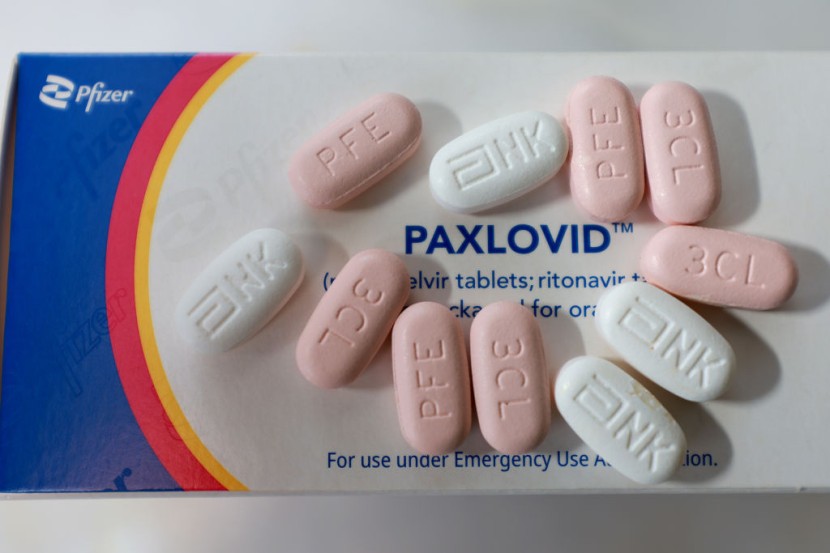
Pfizer has announced that it will be pricing its COVID-19 treatment at a maximum of $1,390 for a five-day course, which will be charged to health insurers.
Paxlovid, the company told multiple news agencies. This price comes as the distribution of the medication shifts from the federal government to Pfizer's commercial business-and as Pfizer predicts lower revenue from coronavirus products, as per Forbes.
Pfizer's Paxlovid Pricing Shift: Implications for Patients and Healthcare
To put this price in perspective, the federal government has been purchasing Paxlovid for $529 per treatment, and it has been distributing the drug to the public for free since December 2021, when the FDA first authorized its use. However, the landscape is set to change starting in 2024. Pfizer has announced its intention to sell Paxlovid directly to health insurers.
While the shift in responsibility for covering the cost of the treatment may seem reasonable, the sharp price increase has ignited concerns about affordability and accessibility, particularly for vulnerable patients who rely on Paxlovid to reduce their risk of severe illness and death from COVID-19.
This group includes individuals with underlying health conditions such as diabetes, heart conditions, or weakened immune systems. Despite the steep list price, patients are not expected to bear the brunt of these costs. In most cases, health insurance plans negotiate significantly lower prices, translating to small or potentially no out-of-pocket expenses for patients.
Pfizer has also emphasized its commitment to further working with payers to reduce patient copays. Pfizer's spokesperson stated, "As always, Pfizer's goal is to ensure broad and equitable access to our medicines. We are working diligently with payers to achieve the best possible formulary placement for Paxlovid, resulting in low out-of-pocket costs for patients."
This statement underscores the company's intention to ensure that access to Paxlovid remains within reach for those who need it. It's worth noting that Pfizer has also announced its commitment to subsidizing copays for commercially insured individuals through at least 2028, according to NBC News.
Balancing Access and Financial Viability in Pandemic Era
This move should alleviate some of the financial burden patients might otherwise face when seeking treatment with Paxlovid. While the price increase for Paxlovid has been met with apprehension, it's essential to consider the broader context.
On Friday, Pfizer revealed that it expects its revenue from Paxlovid to be $7 billion lower than initially anticipated. This adjustment is attributed, in part, to the federal government's decision to reclassify some doses for emergency use.
Consequently, Pfizer has revised its 2023 sales projections, reducing them from the earlier estimate of $67 billion to $70 billion down to a new range of $58 billion to $61 billion.
Notably, Pfizer attributed this downgrade solely to the impact of its COVID-19 products on its revenue. This revised financial outlook highlights the complex balance pharmaceutical companies must strike between delivering critical medical treatments, supporting public health initiatives, and maintaining economic viability.
The challenging nature of this balance is especially apparent in the context of a rapidly evolving pandemic. In conclusion, the decision by Pfizer to increase the price of Paxlovid has generated concerns regarding the accessibility of this life-saving COVID-19 treatment.
While the list price appears high, health insurance plans are expected to negotiate lower costs, ultimately reducing the burden on patients. Pfizer's commitment to subsidizing copays for commercially insured individuals is another positive step toward ensuring broad access to Paxlovid.
The wider financial implications for Pfizer highlight the ongoing challenges that pharmaceutical companies encounter as they endeavor to deliver essential treatments while balancing their economic viability in a changing healthcare environment, Aol reported.
© 2026 HNGN, All rights reserved. Do not reproduce without permission.








